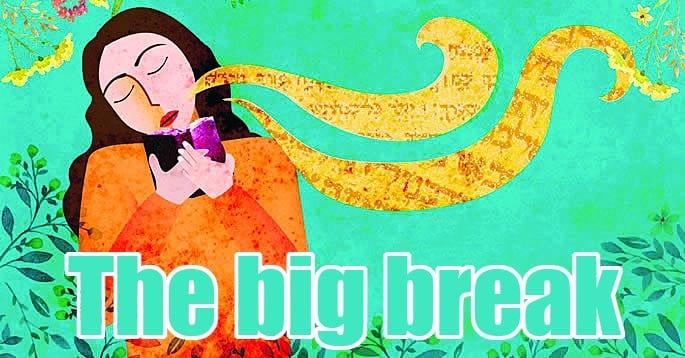
For women seeking a divorce, the process is a challenge comparable in its severity to the one that follows of trying to lead a life of normalcy and dignity

For a society so invested in patriarchal structures, the debates surrounding the societal acceptability of single women - especially divorced or widowed - have largely been devoid of logic and reason. Deeply rooted in our biases is the belief that women were meant only for specific roles. Anything that compels us to stretch our imagination beyond those roles and relationships disturbs our understanding of the society, its traditions and its values.
No matter how devoid a marriage may be of respect, dignity and love, our social perceptions appear to limit us in our idea of relationships. This hinders our ability even to allow a respectful space to individuals going through the process, turning their experience a lot more bitter than what may inherently come with such a separation. Emotions are ignored and psychological well being takes a backseat.
For women seeking a divorce, the process is a challenge comparable in its severity to the one that follows - of trying to lead a life of normalcy and dignity post divorce. From court proceedings that may hurt their privacy and, at times, subject them to all sorts of public scrutiny to the financial burden that comes with ensuing legal battles, the struggle is long and hard and the path ever so rough.
The gender gap especially in reference to economic opportunities adds to the complication putting the woman in a position where she can barely make an argument in her favour while seeking custody of her children.
Also read: Pushed to the margins
Lawyers and women activists argue that such instances make women even more vulnerable - not only are they left fighting legal battles for the custody of their children but they are also often left socially, financially and emotionally isolated in a society that increasingly looks down upon them.
What we must strive for is to educate women about their rights and the possibilities and to inform the society that the debate is beyond social taboos and perceptions. The state should ensure the provision of greater legislative and structural protections that would allow women to put their trust in a system that has traditionally been seen to have exploited their vulnerabilities.